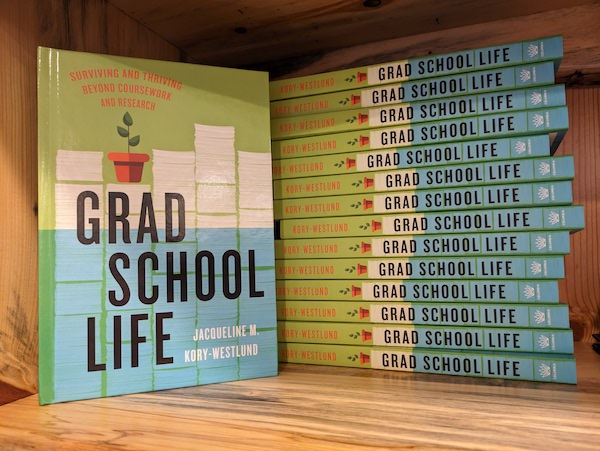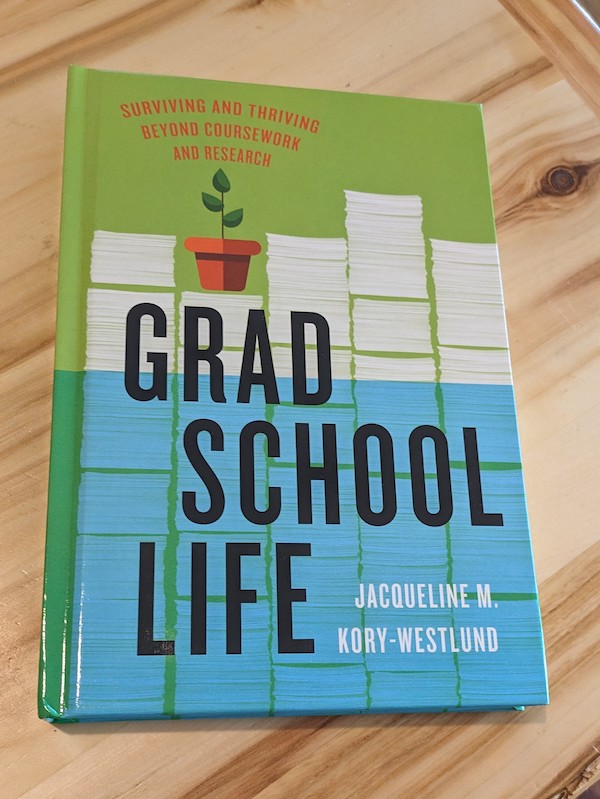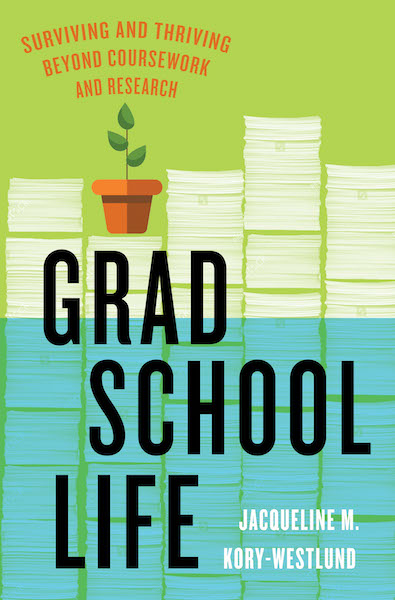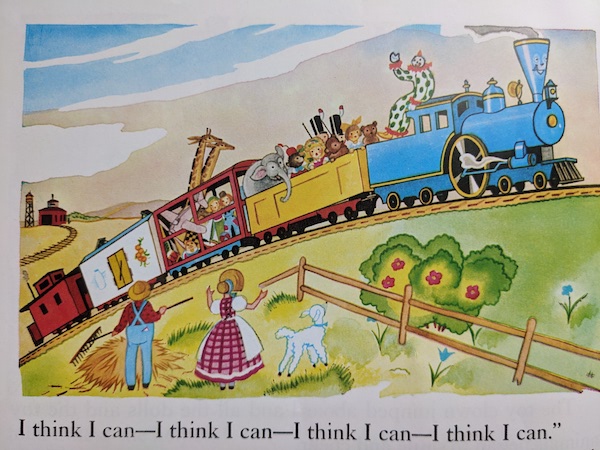
Today is the day!
My book, Grad School Life: Surviving and Thriving Beyond Coursework and Research has been published!
You can now buy a copy at your favorite book retailer:
- Columbia University Press. If you order through CUP, use the discount code CUP20 for 20% off.
- Amazon
- Barnes & Noble
- Bookshop.org
- Target
- Thriftbooks
- Better World Books
- Alibris
- Indigo
- AbeBooks
- Apple Books
- WorldCat - Libraries
Or, you can ask your local library to purchase a copy!

It's real! I wrote a book.
I got my copies about a week ago. When I returned home from the park that day with my kids, I found a book-shaped package on my doorstep. The return address said Columbia University Press. I tore open the cardboard as soon as we got inside. My book! An actual, physical thing!
Given how lengthy the publication process has been, going from idea to physical product, it's a little hard to believe. Yet here we are!
- Book announcement
- Update #1: Draft in Progress
- Update #2: Complete Manuscript
- Update #3: Revisions Complete
- Update #4: Production and Copyediting
- Update #5: Publication Day and Cover Reveal
Grad School Life description
Grad school isn’t easy. It’s even less easy when you’re also managing a second job, a family, or depression—or when you are a first-generation student, or if you come from an underrepresented group or a lower socioeconomic-status background. Grad students are overworked, overstressed, and over it.
Most grad school advice books focus on the professional side: finding funding, managing research and teaching, and applying for academic jobs. But students today face a difficult job market. Only a handful will obtain coveted tenure-track professorships, so they need alternative career prep. Plus, grad school is only one part of your life. And with an average age of 33 years, today’s students are juggling far more than school.
That’s where this book comes in. It will help you keep up a personal life, make the most of your time, and prepare for your career—whether in academia or beyond. This pragmatic book explains how to persevere through the grad school long haul, covering challenges both on and off campus. It shares candid, specific advice on personal finances, mental health, setting your own learning and career goals, maintaining friendships and relationships, and more.
Peppy, sensible, and smart, Grad School Life points out the pitfalls of academia and helps you build the life you want. With fresh insights, concrete suggestions and exercises, and helpful lists of resources, this book gives grad students a new roadmap for not only surviving but thriving—both in school and in the real world.
Reviews
"The book provides an insightful view of the PhD journey, focusing on how to adapt to a range of challenges in grad school, and how to protect your sense of self and wellbeing throughout the process. "—Zoë J. Ayres, author of Managing Your Mental Health During Your PhD: A Survival Guide
Grad School Life is a valuable addition to a growing literature on how graduate students can succeed inside and outside the academy. This book is well-informed and offers some good advice on subjects ranging from your adviser to your budget. —Leonard Cassuto, Fordham University, coauthor of The New PhD and author of The Graduate School Mess
"Grad School Life contains a plethora of information and advice about finding a balance between one’s personal life and graduate school. Kory-Westlund brings a genuine, pleasant, humorous, and reassuring voice to this comprehensive work." —David D. Perlmutter, professor of journalism and creative media industries, Texas Tech University
"This is one of those books I wish I had when I was a student, which is the second nicest thing I can say about it. The nicest thing I can say from my perspective as a recent director of graduate studies in a PhD program is that Grad School Life offers real-world, accurate, and unvarnished advice that is essential to any student entering the sciences. A truly tremendous contribution." —James C. Zimring, Thomas W. Tillack Professor of Experimental Pathology, University of Virginia School of Medicine
"If you are preparing for (or already involved in) attending graduate school then it is vital that you give a close and careful reading to what author and independent scholar Jacqueline M. Kory-Westlund has to say about maximizing the experience with all of its demands, requirements, surprises, frustrations and opportunities. Comprehensive and thoroughly 'reader friendly' in style, organization and presentation." —Midwest Book Review








